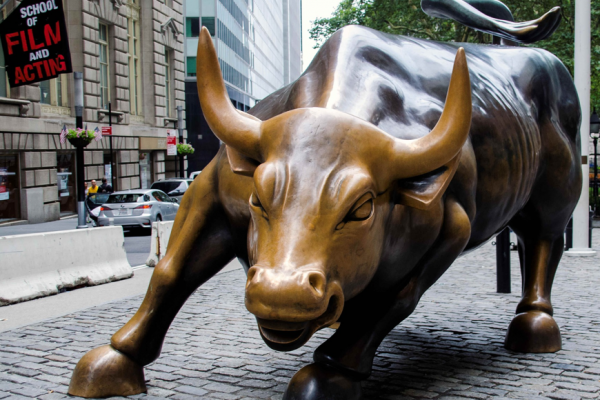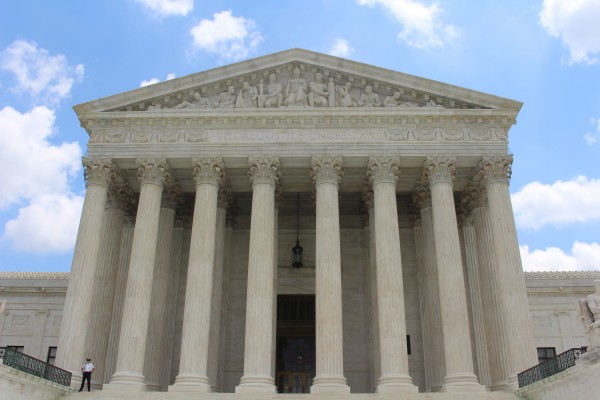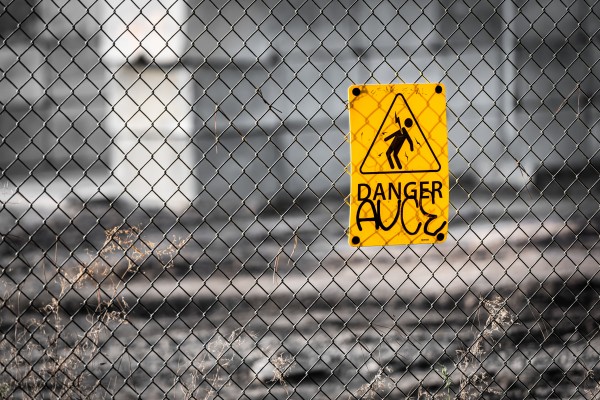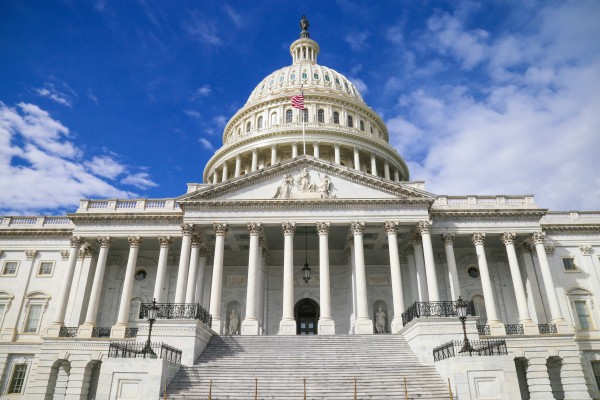Policy Memo: Federal Reserve Lending Facility for States and Localities
AFR Education Fund released the following policy memo analyzing the Federal Reserve’s unprecedented move to provide direct credit to states and localities.

AFR Education Fund released the following policy memo analyzing the Federal Reserve’s unprecedented move to provide direct credit to states and localities.

The recommendations below are focused on direct relief for consumers and individuals with debt burdens, which should be in addition to other efforts to provide broader fiscal relief and to support small businesses.

The private equity industry promotes itself as serving the investing public — including union and other pension funds — by providing reliably superior returns than the stock market. But the reality is that PE investments are not necessarily better performers, their promises too often rely

The amici submitting this brief are consumer organizations with an interest in the constitutional analysis that determines whether the structure of the Consumer Financial Protection Bureau (CFPB) is consistent with separation-of-powers principles … The amici submitting this brief are consumer organizations with an interest in the constitutional analysis that determines whether the structure of the Consumer Financial Protection Bureau (CFPB) is consistent with separation-of-powers principles …

The day before Thanksgiving, a chemical plant operated by the TPC Group exploded in Port Neches, Texas spewing contaminants, forcing over 50,000 people to evacuate, and leaving the community with the lingering aftereffects of an industrial disaster. The TPC Group is owned by two private equity (PE) firms, SK Capital Partners (SK) and First Reserve. The private equity owned chemical plants in Texas held by SK Capital have a long record of environmental violations — not just the TPC Group factories but other SK Capital portfolio firms.

Strong majorities across parties oppose the Consumer Financial Protection Bureau’s (CFPB) proposed debt collection rule including medical debt, according to a new poll released by Americans for Financial Reform (AFR) and the Center for Responsible Lending (CRL). The poll was conducted by the bipartisan team of Lake Research Partners and Chesapeake Beach Consulting.

In its proposed rule, CFPB Director Kathy Kraninger is sanctioning consumer harassment by allowing debt collectors to: call consumers seven times per debt, per week; send unlimited emails, texts, and social media messages without consumer consent; allow debt collectors to collect very old “zombie debts” where the time to sue has expired; and file baseless lawsuits by making it easier to sue the wrong consumer, for the wrong amount.

New report revealing how in the last 10 years, a staggering 597,000 people working at retail companies owned by private equity firms and hedge funds have lost their jobs. An estimated additional 728,000 indirect jobs have been lost at suppliers and local businesses, meaning Wall Street’s gamble on retail has led to more than 1.3 million job losses in total.




This report discusses how the long-term trend to Wall Street-led growth has been harming the public, and some of the ways the Trump Administration is contributing to it. In particular, the report discusses how today’s deregulation of Wall Street will make the next recession worse and increase the likelihood of repeating the bailouts we saw in response to the 2008 crisis.




The financial cycle is a concept developed by economists to understand the reasons why finance-driven growth can be self-defeating. Policymakers need to rebalance our response to recessions and financial crises to prevent any repetition of the experience of 2008-2009, in which benefits flowed to Wall Street, not ordinary Americans.